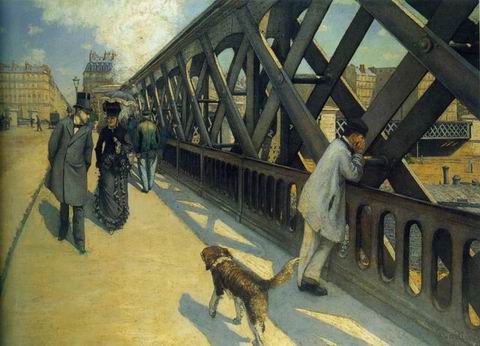We all know that Germany is the home of the book. Here in Mainz, Germany, a mere 150km/93 miles from where I now sit, the first Printing Press was developed by Johannes Gutenberg in 1440. This simple machine brought an end to the medieval era and ushered in the modern period. It jump-started the spread of literacy, fueled the flame of democracy, gave an avenue through which tyranny and absolutism could be dissolved and gave a chance to eradicate ignorance. So what does this book mean for Germans?
It's no surprise that Germany sees itself as the land of literary geniuses. After all, Brant was born in Strasbourg (a former German territory), Goethe was born in Frankfurt, Schiller near Stuttgart. Germany is home to the "Weimar Classicalists" of enlightened thinkers, to which Goethe and Schiller belong. These figures stand as support for the object which so many Germans love: The Book.
Bookstores are not necessarily any different here than in the States. The stores I've seen range from multi-story bonanzas to intimate one-room shops; however, the big thing I notice is the price of books. The idea of a "Manufacturer's Suggested Retail Price" is not a big deal in the United States. Large book-store chains take advantage of this and actually sell the books at that price, which is usually pretty hefty. In Germany, the prices are actually pretty reasonable. A decently-sized paperback book costs less than 12€, a rather large one about 15€. Yes, with the exchange rate, it's still a pretty large sum of money for a hunk of dead wood, but what's peculiar is that the price is regulated. Every book made by that publisher and that edition will be uniformly priced throughout the jurisdiction of the Bundesrepublik Deutschland. All of a sudden, the competition between book store X and book store Y is eliminated. The purpose, according to the wording of this law, is to: protect the cultural heritage of the book; secure a large number and variety of books including culturally valuable books that may have less market demand than best-sellers, and secure the provision of universal book titles. Books may, of course be marked down for clearance purposes, but the method of "preserving a cultural heritage" is interesting, if not suspicious.
Every year, one of the most important events in the publishing world takes place in Frankfurt. The Frankfurt Book Fair is a place where many new titles are launched. It's also a big convention to show off the newest techniques in the publishing world. Every year, the Frankfurt Book Fair serves as the backdrop for the most coveted literary award in the German-speaking lands, the German Book Prize. The fair also hosts the Peace Prize of the Book Trade.
So books aren't just something of historical significance. It's also a thriving aspect of everyday life in Germany. It's expected that people read books for fun. Bookshelves are expected in every house and even advertised in housing ads (at least the ones I've seen.) They even have community loan shelves. It's cool to think about the book and where it came from.

Think of all of the technology that has been invented in the US within the last 100 years- where would you be without the very personal computer you wrote this blog on? The US may have a negative net export level, but a lot of the products you use were created here. I bet you see a lot of Apple products.
ReplyDeleteSurpisingly, I don't see much apple. I do, however, see PCs. I wasn't saying that the US doesn't have anything: if anything, I was pointing out how much the US has compared to the rest of the world. Poor rhetoric skills.
ReplyDelete